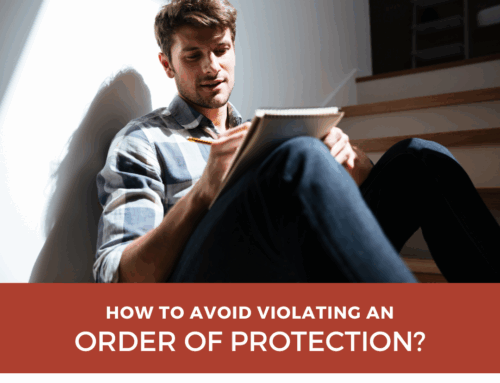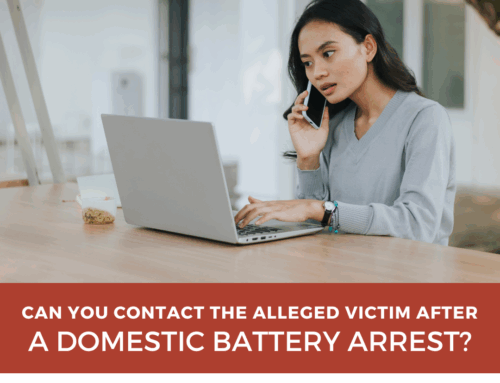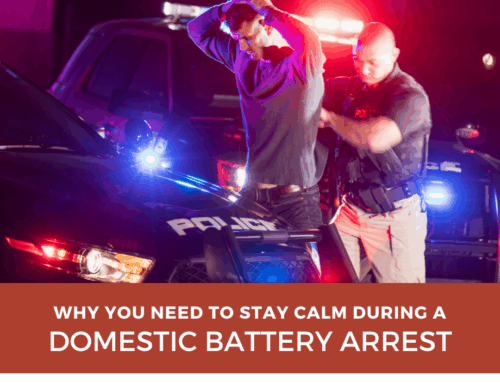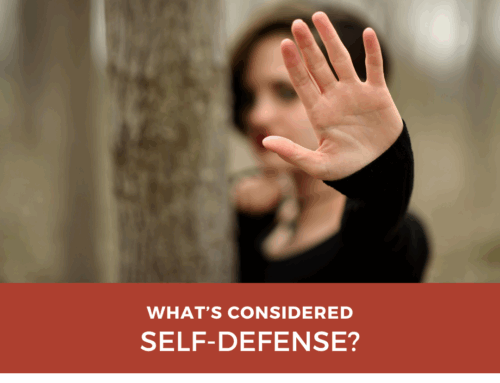Facing a domestic battery charge can be overwhelming, especially if a witness lies in court about the incident. You have options to challenge false testimony and protect your rights.
What if a Witness Lies in Court About Your Domestic Battery Incident
When a witness lies in court about your domestic battery incident, it can jeopardize your defense. False testimony can lead to wrongful convictions or harsher penalties. This guide explains the following:
- Identifying false testimony
- Legal strategies to challenge lies
- Gathering evidence to support your case
- Working with a lawyer to protect your rights
Here’s a closer look at each.
Identifying False Testimony
False testimony occurs when a witness knowingly provides untrue statements under oath. This can happen for various reasons, including personal bias, pressure from others, or a desire to harm you. Recognizing false testimony is crucial court. Signs of false testimony include inconsistencies in the witness’s statements, lack of corroborating evidence, and motives for lying. Your lawyer can identify these signs and develop a strategy to counter the false testimony.
Related: Domestic battery defense in Chicago
Legal Strategies to Challenge Lies
Your lawyer can use several legal strategies to challenge false testimony. During cross-examination, your lawyer will question the witness to expose inconsistencies or contradictions in their statements. The goal is to highlight any discrepancies that may undermine the witness’s credibility. Your lawyer will prepare detailed questions based on the evidence and the witness’s previous statements. Effective cross-examination can reveal the truth and cast doubt on the false testimony.
Related: How does a domestic battery conviction change your life?
Impeachment involves presenting evidence that contradicts the witness’s testimony, showing that they are not credible. This can include prior inconsistent statements, evidence of bias or motive, and other information that challenges the witness’s reliability. Your lawyer will gather and present this evidence to the court, demonstrating that the witness should not be trusted.
Your lawyer can also call witnesses who can provide truthful accounts that counter the false testimony. These witnesses may include people who were present during the incident, experts who can provide relevant information, and others who can corroborate your version of events. By presenting credible alternative witnesses, your lawyer can strengthen your defense and challenge the false testimony.
Gathering Evidence to Support Your Case
Collecting evidence is vital to proving your innocence and challenging false testimony. Your lawyer can help you gather physical evidence, such as photos, videos, or medical records that support your version of events. Physical evidence can provide objective proof that contradicts the false testimony. For example, photos of injuries or the scene of the incident can demonstrate what really happened.
Related: How to prepare for your domestic battery trial
Witness statements from people who were present during the incident can corroborate your story. These witnesses can provide firsthand accounts that support your defense. Your lawyer will interview potential witnesses, gather their statements, and prepare them to testify in court.
Documentation, such as text messages, emails, or other communications, can show the context of the incident and the witness’s possible motives for lying. Documentation can provide a timeline of events and reveal any bias or ulterior motives the witness may have. Your lawyer will collect and present this documentation to support your defense.
Working With a Lawyer to Protect Your Rights
A skilled lawyer can help you navigate the legal system and protect your rights. They can provide legal advice by explaining your options and helping you make informed decisions. They will guide you through the legal process, ensuring you understand your rights and responsibilities.
Your lawyer will represent you in court, advocating for you by presenting evidence and challenging false testimony. They will use their legal expertise to build a strong defense and protect your interests in court.
Additionally, your lawyer can negotiate with prosecutors to work to reduce charges or penalties if possible based on the strength of your defense. They will negotiate with prosecutors to seek the best possible outcome for your case.
FAQ About False Testimony in Domestic Battery Cases
Check out these commonly asked questions about false testimony in domestic battery cases. If you don’t see your question here, please call our office and we’ll find you the answers you need.
What Can I Do if a Witness Lies in Court?
If a witness lies in court, your lawyer can challenge their testimony through cross-examination, impeachment, and presenting alternative witnesses. Gathering strong evidence to support your case is crucial.
How Can I Prove a Witness is Lying?
You can prove a witness is lying by highlighting inconsistencies in their statements, presenting contradictory evidence, and showing their possible motives for lying. Your lawyer will use these strategies to undermine the witness’s credibility.
What Evidence Can Help My Defense?
Evidence that can help your defense includes physical evidence, such as photos or videos; witness statements from people who were present during the incident; and documentation, such as text messages or emails, that show the context of the incident and the witness’s possible motives for lying.
Related: Can you plead “not guilty” to aggravated domestic battery?
Can I Appeal if I Am Wrongly Convicted Due to False Testimony?
Yes, you can appeal if you are wrongly convicted due to false testimony. Your lawyer can help you file an appeal and present new evidence to challenge the conviction.
How Can a Lawyer Help Me in a Domestic Battery Case?
A lawyer can help you by providing legal advice, representing you in court, challenging false testimony, and negotiating with prosecutors. They will work to protect your rights and achieve the best possible outcome for your case.
Do You Need to Talk to an Attorney About Domestic Battery Defense?
If you need to talk to a domestic battery defense attorney in Illinois, we’re here to help. Call us at 847-920-4540 now – we’ll be happy to give you a free consultation and talk to you about your options.







Leave A Comment
You must be logged in to post a comment.